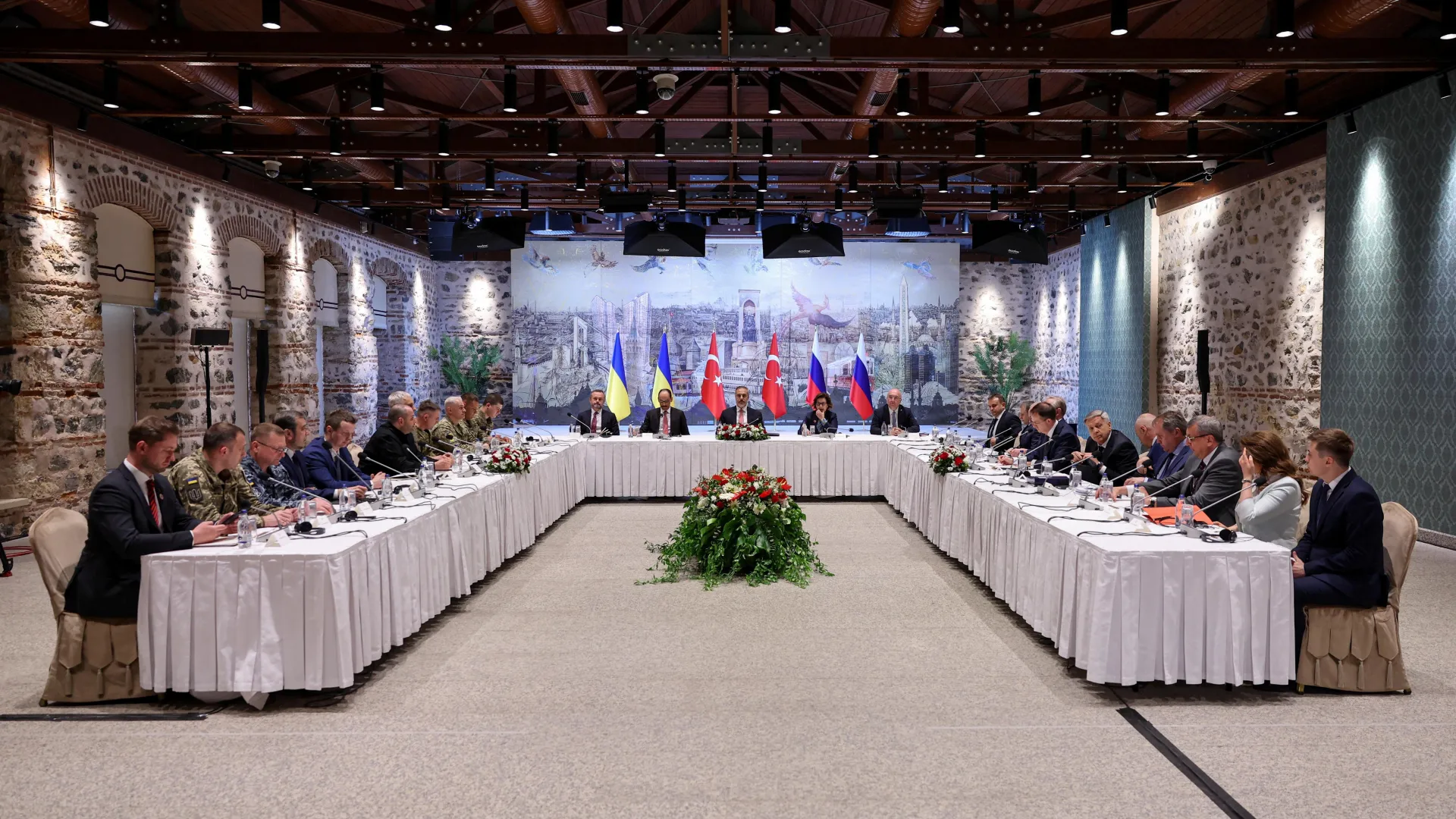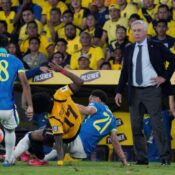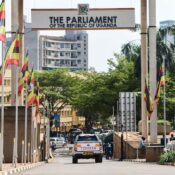
Russia and Ukraine Reach a Prisoner Exchange Agreement, but Peace Talks End Without Ceasefire
There was no ceasefire in the second round of Russia-Ukraine peace negotiations, but there was an agreement to exchange sick prisoners.
The most recent round of direct peace negotiations between Russia and Ukraine ended in Istanbul on Monday without any major progress since the parties were unable to reach a consensus on the unconditional ceasefire that was required.
Nevertheless, they agreed to return the bodies of 12,000 fallen soldiers and struck a deal to exchange all sick and critically injured POWs, including those under 25.
A proposal for a “unconditional ceasefire,” a crucial demand of Kyiv and its Western partners, was once again turned down by Russia, according to Ukrainian negotiators. Rather, without going into further detail, the Russian delegation proposed a two- to three-day temporary truce “in certain areas” along the front line.
Kyiv’s team leader, Ukrainian Defense Minister Rustem Umerov, reaffirmed the necessity for a “complete and unconditional ceasefire” on land, at sea, and in the air for at least 30 days in order to “end the killings now.” According to him, Russia only offered its suggestion for a truce during the negotiations, but Ukraine had done so days prior.
Volodymyr Zelensky, the president of Ukraine, rejected Moscow’s proposal for a restricted ceasefire. He said on social media platform X, “I think ‘idiots,’ because the whole point of a ceasefire is to stop people from becoming dead.”
Although Russian state media described Moscow’s position, which includes calls for Ukraine to withdraw its military forces from the partially occupied areas of Donetsk, Luhansk, Kherson, and Zaporizhzhia and acknowledge Russia’s authority over these regions as well as Crimea, neither side has formally published their ceasefire proposals. A ban on NATO membership, limitations on Ukraine’s army, the adoption of Russian as an official language, and the revocation of all international sanctions against Russia are further requirements.
Serhiy Kyslytsia, Ukraine’s deputy foreign minister, acknowledged that Russia had rejected the ceasefire and added that Kyiv had provided a list of hundreds of youngsters who had reportedly been forcibly transported to Russia.
Ukraine emphasized the significance of getting ready for possible direct discussions between Zelensky and Russian President Vladimir Putin, even if there is no indication that such a meeting is imminent, and it wants a formal response to its ideas by the end of June.
Vladimir Medinsky, the head of the Russian team, stated at a separate briefing that Russia would return the bodies of 6,000 Ukrainian soldiers the following week. Although he did not specify a date, Zelensky stated that Ukraine will return the bodies of 6,000 Russian servicemen in exchange.
Russia has emphasized the idea of a “lasting peace” as Ukraine persists in calling for a ceasefire, upholding demands that Ukraine and its allies view as a sign of surrender.
“While there are no meaningful signals from Russia to end the war, it is important to strengthen our defense,” Zelensky said from Vilnius, Lithuania, where he was attending a summit, and he urged for more sanctions against Moscow.
Both sides only agreed to exchange 1,000 prisoners of war at the first round of negotiations, which took place on May 16 and also ended in deadlock.
Russia has been continuously accused by Zelensky and European politicians of exploiting discussions to buy time and gain additional territory. White House spokesperson Karoline Leavitt said that US President Donald Trump has postponed more sanctions against Russia but has stated that he is “open” to a three-way summit with Zelensky and Putin “if it comes to that.”
Leavitt stated, “He wants both of these leaders and both sides to come to the table together.”
Trump publicly denounced Putin as “completely insane” last month after a significant drone and missile attack on Ukraine. The statement was rejected by the Kremlin, which implied that Trump was experiencing “emotional overload.”
All Categories
Recent Posts
Tags
+13162306000
zoneyetu@yahoo.com



